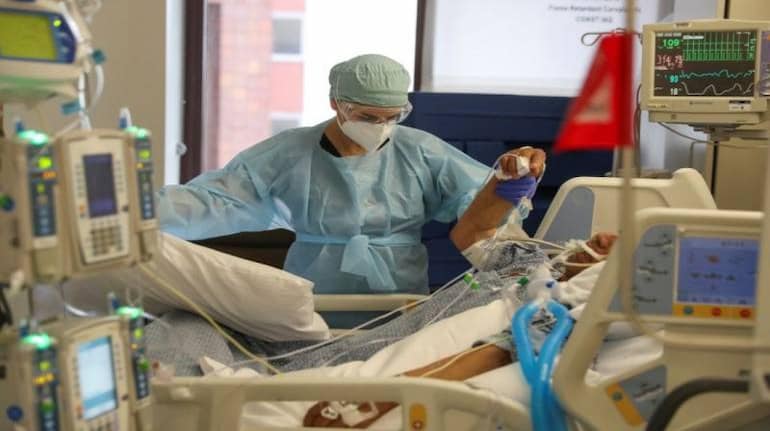

A planned reopening of businesses in Mexico City has been delayed until coronavirus infections drop, its mayor has said. This came after COVID-19 cases surged in the Mexican capital, reports suggest.
For easing the lockdown as part of its 'traffic-light' system, Mexico City had been hoping to reopen hotels, restaurants and shopping centres on June 20.
Mexico City’s Mayor Claudia Sheinbaum said that the capital would remain at ‘red’ — the highest level of lockdown — until next week. Sheinbaum added that hospital-bed occupancy was at 65 percent and case numbers had not decreased to the point where opening the economy would be possible.
"The activities we announced... cannot open, we’re going to wait for the infections to reduce," the Mayor said.
Follow our LIVE blog for the latest updates of the novel coronavirus pandemic
Deaths toll in Mexico has increased to 21,825 — one of the highest in the world. Experts suggest that the pandemic has not reached its peak in the country.
Mexico has reported a total of 1.8 lakh COVID-19 cases till date, according to Johns Hopkins University CSSE. There have been concerns about insufficient testing.
Mexico City is the worst-affected area in the country.
Click here for Moneycontrol’s full coverage of the novel coronavirus pandemic
Discover the latest business news, Sensex, and Nifty updates. Obtain Personal Finance insights, tax queries, and expert opinions on Moneycontrol or download the Moneycontrol App to stay updated!